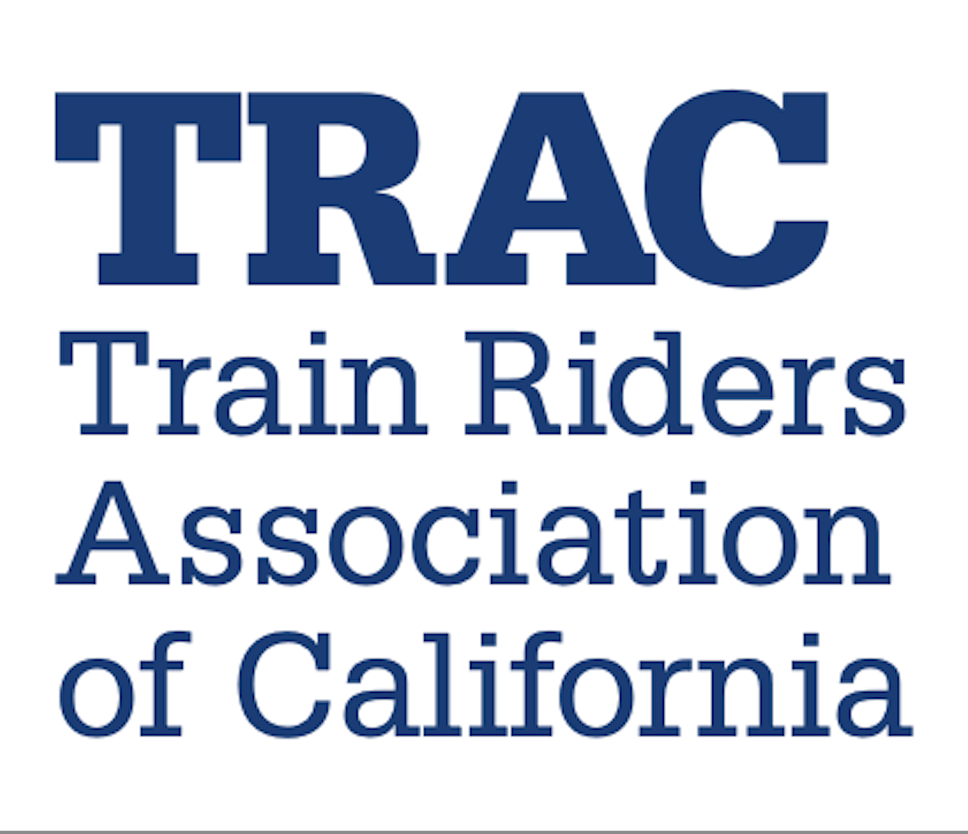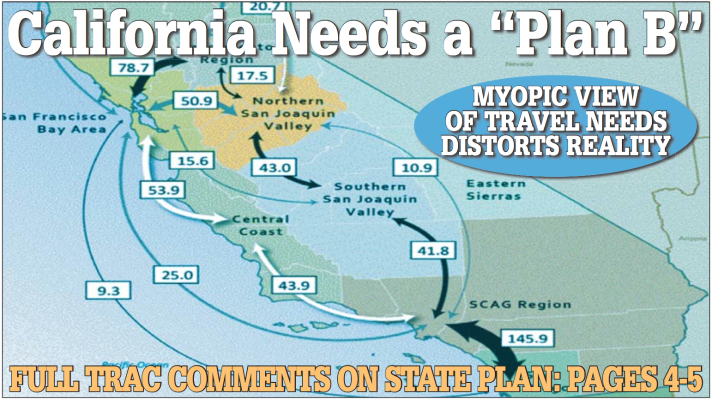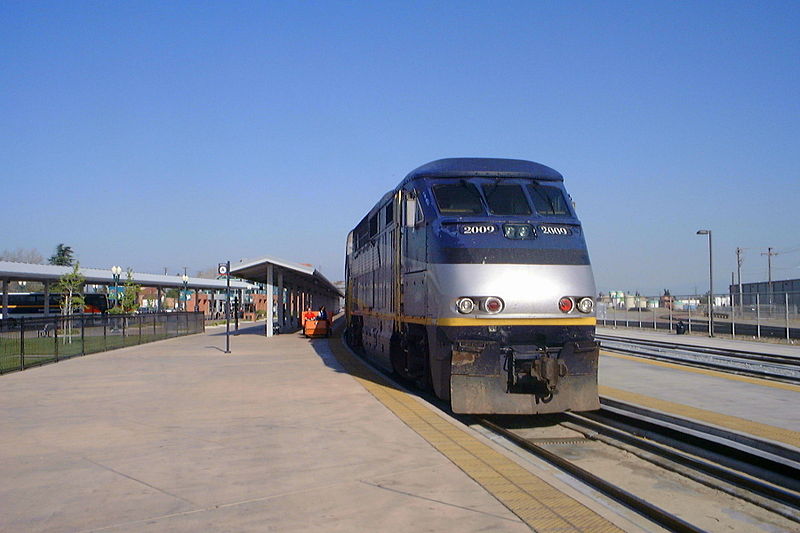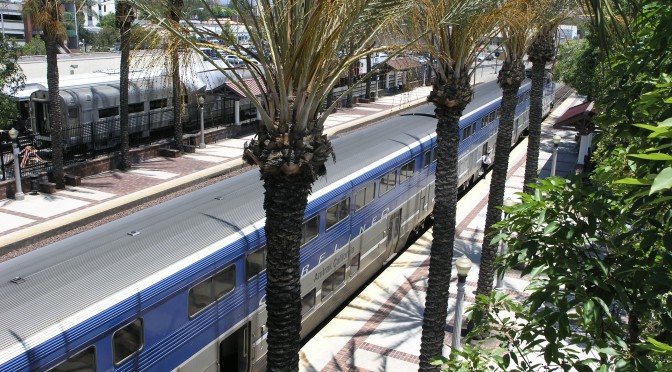16th Century Dutch Invented Timed Transfers, Clock Headways
Photo – English Canal Boats (By Graham Horn)
NOT the Swiss.
From the September-November issue of TRAC’s California Rail News (http://www.calrailnews.net/cal-rail-news-archive/):
The Pursuit of Glory, Cambridge professor Tim Blanning’s 2007 study of baroque to modern Europe (Viking Press 2007, $39.95) provides revealing insight on timetable innovations and passenger amenities which predate railroads by over two centuries. Here are some choice excerpts:
“The Dutch economic historian Jan de Vries has reconstructed a journey under- taken in the mid-seventeenth century from Dunkirk, in … the Spanish Netherlands, to Amsterdam in the Dutch Republic.”
De Vries describes regular scheduled departures for most of the way. The barge pulled by four horses on the Bruges-Ghent canal, according to the contemporaneous British tourist Thomas Nugent was “the most remarkable boat of the kind in all of Europe; for it is a perfect tavern divided into several apartments, with a very good … [meal] at dinner of six or seven dishes, and all sorts of wine at moderate prices.”
Following a coach segment to Antwerp and two sailing segments onward toward Rotterdam, “on the following day he could once again benefit from fixed timetables. He took the 5 a.m. barge, the first departure of a scheduled service which left every hour on the hour for Delft, changed there for Leiden … finally reaching Amsterdam at 6:15 in the evening.” …
Blanning opines, “Once established, the idea that ‘time is money’ meant that coach or barge companies with an atti- tude of ‘we’ll start when I feel like it’ were doomed. Travelling by passenger-barge in the Dutch Republic in 1670, Sir William Temple wrote: ‘by this easie way of travelling, an industrious man loses no time from his business, for he writes and eats, or sleeps while he goes; whereas the time of laboring or industrious men is the greatest native commodity of any country.’”
Makes one wonder if there were any similar services in the Roman Empire, of which there is no record…




